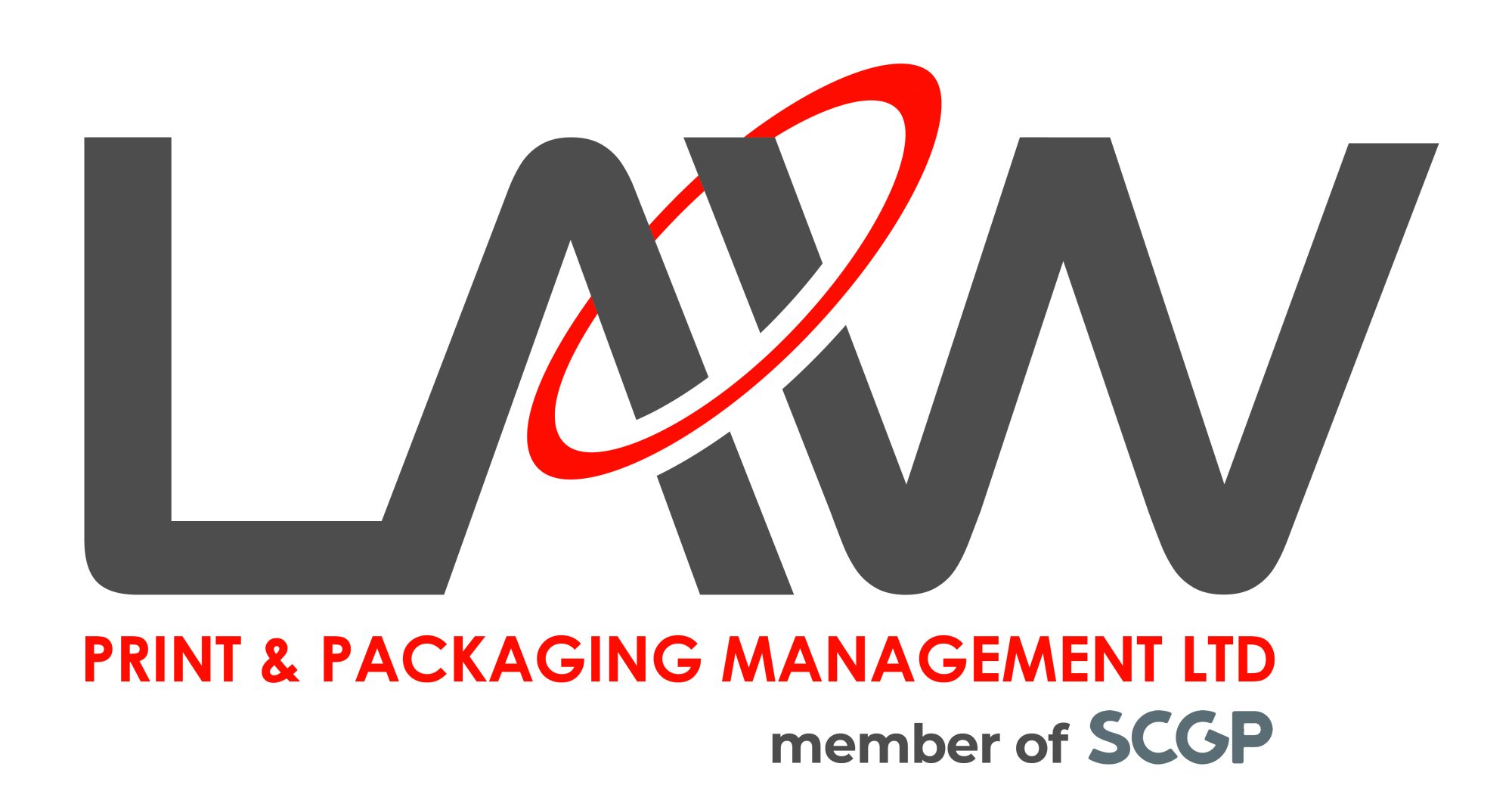Plastic is able to provide the necessary barrier protection for perishable foods, like dog and cat food, especially when exporting the product. Although plastics have received some negative press in recent months the lighter weight material used for flexible packaging can dramatically reduce production and transportation emissions, as well as total packaging waste.
Switching to plastic also allows the company to take advantage of rotogravure print technology which vastly improves print quality and finishes in comparison with flexography, traditionally used for paper packaging. However, the ability to use up to 10 colours also poses some problems when it comes to artwork creation, as the number of colours used directly impacts the set-up cost.
Working with Ancestry’s graphic designer, we were able to offer suggestions for reducing the number of printing cylinders, making the set-up costs far more cost-effective without impairing print quality.
Our team were also on hand to ensure the most suitable formats were chosen for the different volumes across the range, with quad seal bags used for the larger 25lbs and 30lbs bags and the more compact flat bottom bags for 4lbs and 12lbs sizes.

